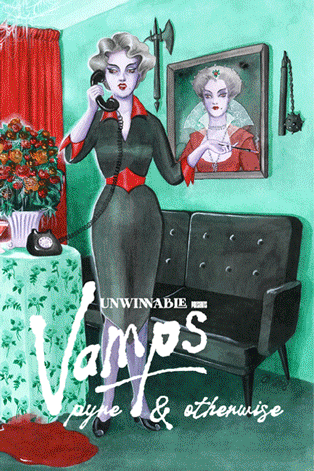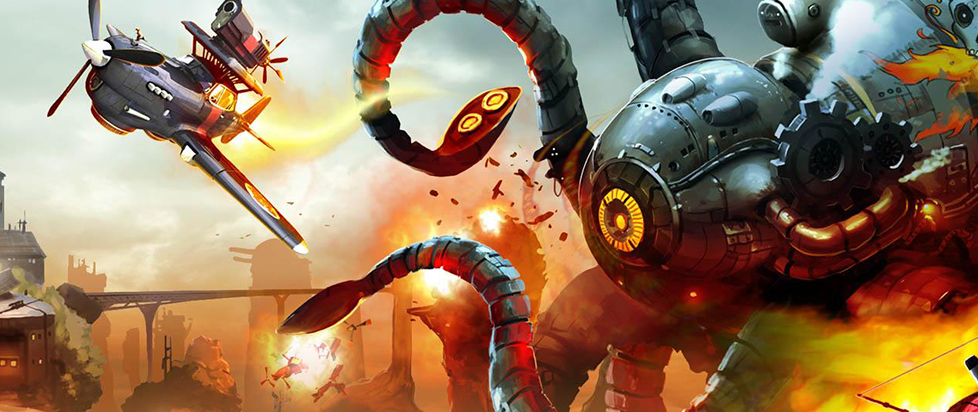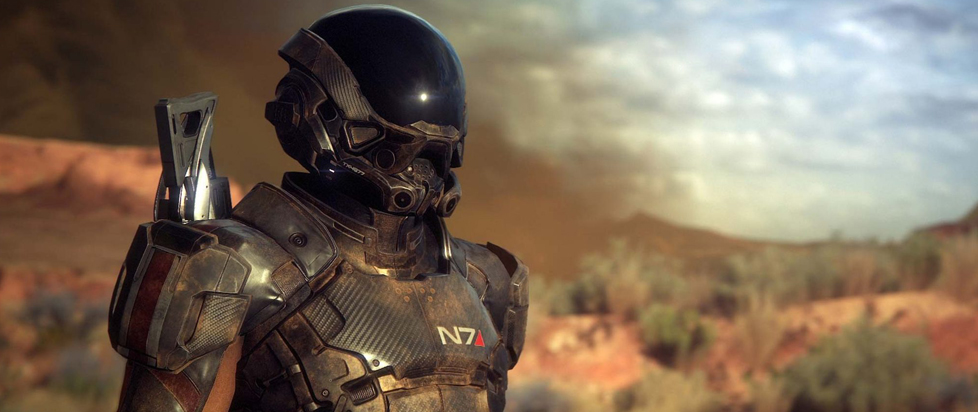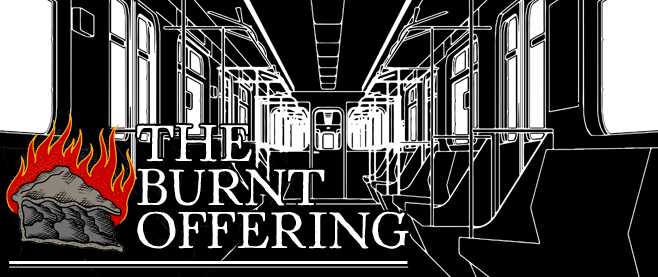
Romancing the Apocalypse
Lately, when I ride the train to Manhattan, I play a game. A friend introduced me to the basic concept a few months ago, but I have refined it in my head, giving it rules and a name. I call it Last Stop, Apocalypse.
[pullquote]Our romance with the apocalypse is a celebration of misanthropy.[/pullquote]
You can play, too. The premise is simple: at the end of the line, by some Twilight Zone-esque twist of fate, the world will have ended. The people in your car are the only survivors and you need to determine their role in the post-apocalyptic narrative: worker, fighter, scout, skilled advisor or potential threat.
The roles are archetypal. A worker is the default role for those displaying no special survival skills – moms, office workers, anyone can forage. Fighters are your muscle, the folks who looks like they can hold their own in a brawl. Scouts are people who seem apt for reconnaissance. The advisors – cops, soldiers, skilled laborers – are the ones who will be able to actively contribute to your survival. Potential dangers range from rival leaders to homeless people to obvious criminals – there is always someone waiting to turn on you at an inopportune moment.
The game quickly becomes muddy as you work to strip away your conventional thinking. Would that homeless guy really be so bad to have around when you suddenly need to live rough? Is a criminal even a criminal anymore, or just a really good scout? Is that older fellow with the kindly face going to do anything besides break a hip in a crisis?
Since, so far, the world has not ended on any of my commutes, Last Stop, Apocalypse is largely an exercise in observation. Play is not structured, there are no points to earn and there is no win-state. Each person becomes a minigame – some are more interesting than others.

An example of play: last week, at a stop, two men got on. One was a yuppie wearing one of those insufferable blue shirts with white collars. The other man was older, a tradesman at a glance, wearing utilitarian clothing. The yuppie shoved past and sat in the seat the older man was obviously hoping to get. The old man stood there, bested.
The old man was an obvious pick for a skilled advisor – his hands were rough and he had the leathery look of someone who has worked long years in the sun. The yuppie, on the other hand, was exactly the type of willfully oblivious and self-serving person you hope gets eaten by zombies.
As I kept watching, however, the older man continued to just stand there, looking forlornly at his lost seat. He hadn’t adapted to his situation at all – there were other seats he could have taken – but instead busied himself with the kind of passive aggressive grudge-building that seems to be the foundation of the modern commute.
His actions struck me as indecisive and dangerous. I resolved that he would be a scout, someone I could away in hopes that he wouldn’t come back.
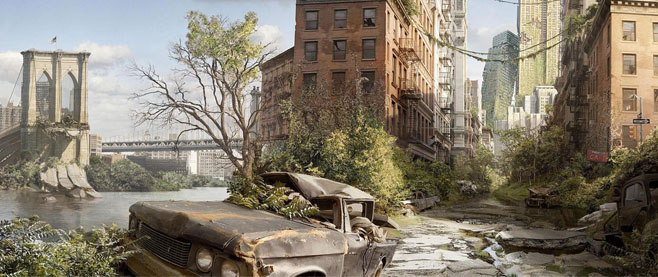
Our romance with the apocalypse is a celebration of misanthropy. The point of Last Stop, Apocalypse – and the apocalypse itself, for that matter – is to judge people.
Eschatology (the study of heaven and hell, death and judgment) used to be found only within the domain of theology – Judgment Day and Ragnarok and on and on through religions new and old – but now there is a whole branch of popular culture devoted to the end times. Mad Max, In the Mouth of Madness, Fallout, Mass Effect, I Am Legend, Dawn of the Dead; all our genre stories seem increasingly concerned with Armageddon.
This strikes me as strange. I love those movies and books and games, and I play Last Stop, Apocalypse most days on the train, but I don’t want the end of the world to happen. I love air conditioning and antibiotics and showers, too.
I do not love you, though. Not “you” whose name I know, but the general “you,” the collective, the teeming mass of you, the herd, plodding unthinking through your lives. You have what Bukowski called “The Genius of the Crowd.” Ugly. Stupid. Violent.
I watch you cross the street in front of cars, I watch you walk up the down staircase, I watch you push left when everyone else is bearing right. These are the simplest things, literally one foot in front of the other, and you can’t even manage that. I cannot even conceive of the wrongness that is the rest of your life, but I catch glimpses of it on the nightly news.
And that is it, isn’t it? It’s your fault the taxes are too high and that I can’t get a job. It’s your fault I’m not married or my kids are failing out of school. It’s your fault the world has spun off its axis, so when the end comes, it’s all you wrongheaded yous who will end in fire.
Then it will be quiet. A man, his dog and his shotgun, living off the land. It may not be safe and it may not be easy, but at least I saw you all burn first, right? I survived. The math of everyday living is easier without you. Now it’s my world to mess up or save, as I want.
But that’s not true either. I am as soft and as stupid and as ugly as the rest of you. The apocalyptic fantasy is just that: a fantasy. I’d last about ten minutes in the real Wasteland, but I will still use the fiction to burn off my frustrations and to make sense of the world – while it is still here, anyway.

Stu Horvath doesn’t actually like dogs, but he does have a shotgun, so you better stay off his goddamn lawn (he doesn’t actually have a lawn, either). Follow him from a safe distance on Twitter @StuHorvath. Burnt Offering is off next week for Space Week, but will return the first week of October to talk about the existential comfort of supernatural horror.
